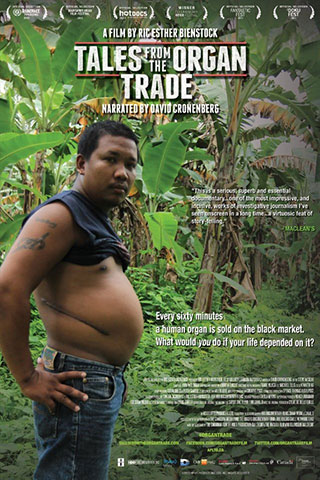Tales From the Organ Trade
Fri Feb 21, 2014 – 2:00 pm — Hendricks Center for the Arts Tickets
Sat Feb 22, 2014 – 12:00 pm — Hendricks Center for the Arts Tickets
Sun Feb 23, 2014 – 12:00 pm — My Apartment Tickets
Community Partner: Beloit College Tau Kappa Epsilon
Tales From the Organ Trade
Every sixty minutes a human organ is sold on the black market. What would you do if your life depended on it?
 Category: Third World / Crime
Category: Third World / Crime
Country: Canada
Language: English
Rating: R
Runtime: 82
Director: Ric Esther Bienstock
Producer: Ric Esther Bienstock, Felix Golubev, Simcha Jacobovici, Nancy Abraham
Synopsis:
TALES FROM THE ORGAN TRADE is a gritty and unflinching descent into the shadowy world of black-market organ trafficking: the street-level brokers, the rogue surgeons, the impoverished men and women in who are willing to sacrifice a slice of their own bodies for a quick payday, and the desperate patients who face the agonizing choice of obeying the law or saving their lives.
Fifty years ago, it was the stuff of science fiction – a dying patient resurrected with a transplanted body part. Today, it is an everyday miracle. Every year, tens of thousands of human organ transplants are performed around the globe. Most transplanted organs come from cadavers or relatives of the patient. But thousands are bought and sold on a black market that flourishes in dozens of countries where the rule of law is a hostage to the dollar sign. International organizations monitoring the situation estimate that – conservatively – black market transplants generate over $500 million a year. And it’s a growth industry.
The film tells the story of the impoverished sellers of illegal organs and their often-conflicted first-world buyers. With unprecedented access to all the players, the film explores the legal, moral and ethical issues involved in this complex life and death drama. What would any of us do if put in the position of having to either buy or sell an organ? For each party, the stakes could not be higher.
This is not a black and white story of exploitation, but rather, a nuanced and complex story that compels you to explore your own moral and ethical beliefs. This is a world where the villains often save lives and the medical establishment, helpless, too often watches people die. Where the victims often walk away content and the buyers of organs – the recipients – return home with a new lease on life.
The drama unfolds in Philippine slums; in villages, where nearly every man has already sold one of his kidneys for the price of a laptop; in neglected shards of the former Soviet Empire, where criminal gangs tease donors with promises of vast sums of cash; and in places like Philadelphia, where a craigslist ad urges an unemployed hustler into an operating room and a twenty thousand-dollar payoff.
At the core of TALES FROM THE ORGAN TRADE is the anatomy of a single black market operation. The recipient is a Canadian man deemed too old for a legal transplant at home. The transplant surgeon is a glib and defiant fugitive Turkish doctor dubbed “Dr. Frankenstein” by the international media. The assisting surgeon is a distinguished Israeli physician who sees no evil in paying for human organs. The prosecutor is a crusading Canadian working for the European Union. The donor is a beer-loving woman from a fledgling Eastern European republic who willingly sold her kidney, saved another human being’s life and is now at the center of the world’s most notorious organ trafficking case.
From Manila to Istanbul, from Colorado to Kosovo, from Toronto to Tel Aviv, the film brings to the screen a compelling cast whom fate has brought together where the gift of life meets the shadow of death.
TALES FROM THE ORGAN TRADE is human drama at it’s most basic: life, death, money, crime and medical issues affecting millions – those who need organs, those who sell them, and those who have chosen the world of the black market organ trade.
NOTE: Synopsis are typically provided directly by the filmmaker themselves. Often English is not their first language. We ask reader’s understanding for less-than-perfect language and grammar



